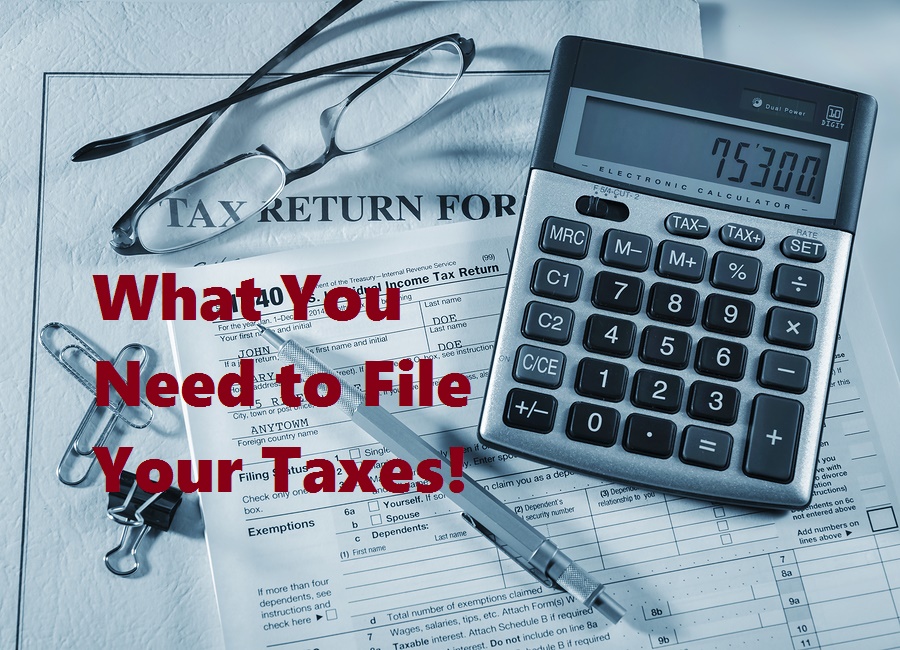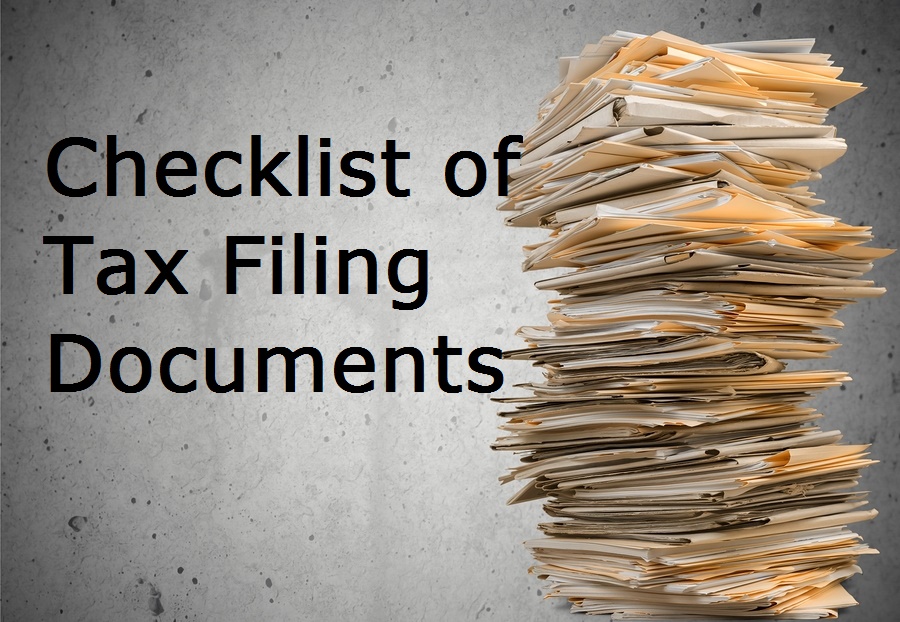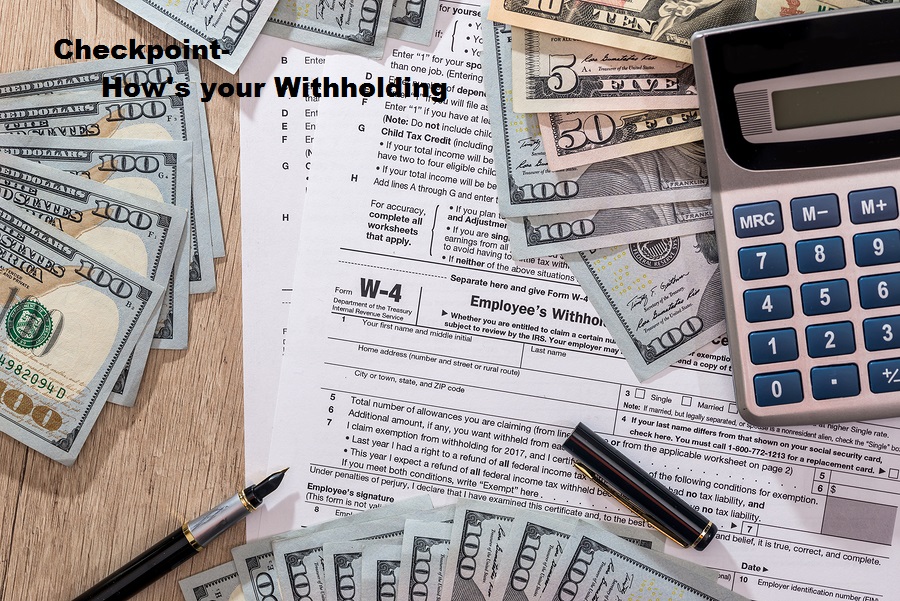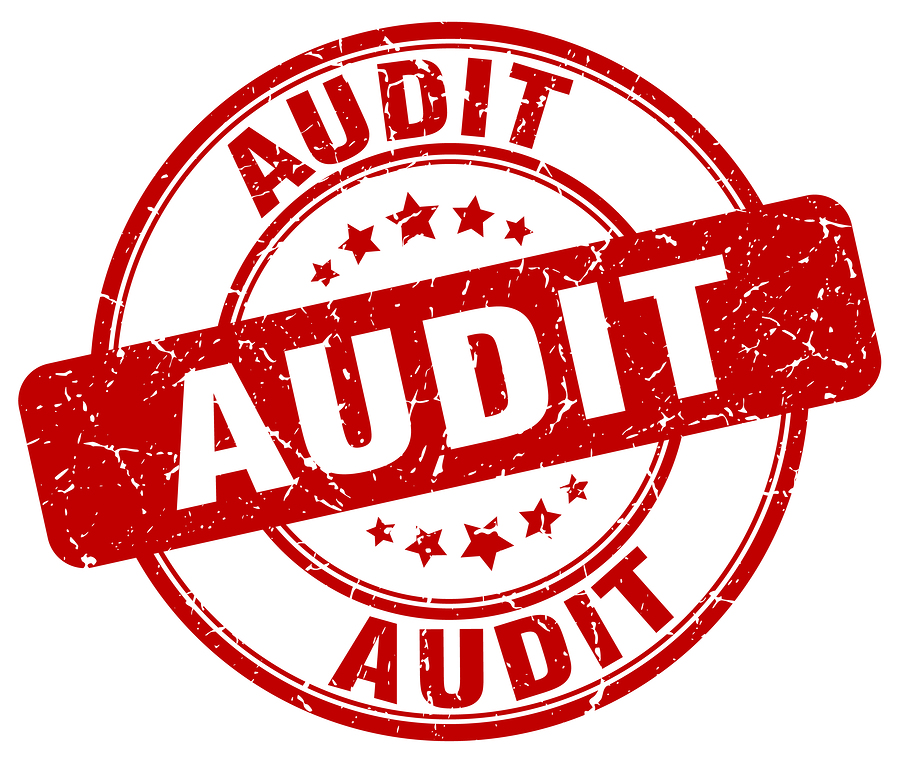Whether you’re hiring a professional or preparing your own return, make sure you have all of your paperwork together before you start. If you’re expecting a refund, you’re probably anxious to get everything together so that you can file as soon as possible. For those of you who expect to pay, you’re probably not too thrilled about it. I know I never am anyway.
Here’s a list of some of the more common documents associated with filing. Not every person will have every form on this list, but hopefully this will help jog your memory so that you don’t forget something you need.
- W-2 forms – that’s your statement of wages, you’ll need a W-2 for each job you held
- 1099 forms – there are several types:
- 1099-INT for interest
- 1099-DIV for dividends
- 1099-B for sale of securities (some companies, like Edward Jones or Raymond James, will send out a combined form that has your 1099-INT, 1099-DIV and 1099-B all in one statement)
- 1099-R for annuities, pensions and other retirement plan withdrawals
- 1099-G is for government payments like a state tax refund or unemployment benefits
- 1099 MISC is for miscellaneous income, like commissions or non-employee compensation
- SSA-1099 is for Social Security income — a note about the SSA 1099 form, it has to be the most frequently lost form on the planet. It’s usually the first one mailed out and I think it kind of gets lost in the shuffle. If you receive Social Security benefits, or are assisting someone who does, please make sure that this form is included with the other tax documents. For some people, it’s not taxable—but you need to include the figures from this form when preparing your taxes to determine if it is taxable or not.
- W-2G is for gambling income. If the Social Security form is the most frequently lost form, the W2-G comes in second. If you’ve received one of these statements, you need to include it on your tax return. If you don’t, you will get a letter from the IRS. (Gambling losses, up to the amount of winnings, can be deducted on your Schedule A.
- 1098 tells how much interest you paid on your mortgage – you want this because it can be used as a deduction
- 1098-E shows interest paid on a student loan – ditto!
- 1098-T shows the amount of tuition paid at an educational institution (you need this to claim those college tax credits.) Here’s the kicker, if you’re the parent paying the tuition, you won’t get the form, your student child will. You may need to work at getting your student to download this of the student portal.
If you sold stocks, mutual funds, or real estate, you’ll want to have your basis information on hand. (Basis is what you paid for the property. Many investment firms include the information right on your 1099B, but some don’t, especially if you sold old stocks.) Make sure you have this information ready before you file – it can save you lots of money!
If you purchased or sold a home this year, you’ll want to have a copy of your settlement statement. Depending upon your situation, there may be valuable deductions hidden in those statements.
If you are a member of a partnership, joint venture, S corporation, estate or trust, you will also need a copy of the Schedule K-1. Those forms aren’t required to be completed until March 15th, so you may not be able to file your personal return before then. It’s a good idea to make your tax appointment once you have all of your other forms together. The K-1 information can be added at a later date.
And of course, you’ll want to have all the documents to support your deductions like real estate taxes, charitable contributions or deductible business expenses.
It’s always a good idea to have a copy of your last year’s return with you also. Sometimes you might have items that can carry forward into the next year. If you don’t provide you preparer with your old return, you’ll miss those deductions and credits.
If you save all the mail that says “Important Tax Information Enclosed”, you’re onto a good start. Having all of your tax paperwork together before you start your tax return is one of the best ways to avoid getting a letter from the IRS later.





